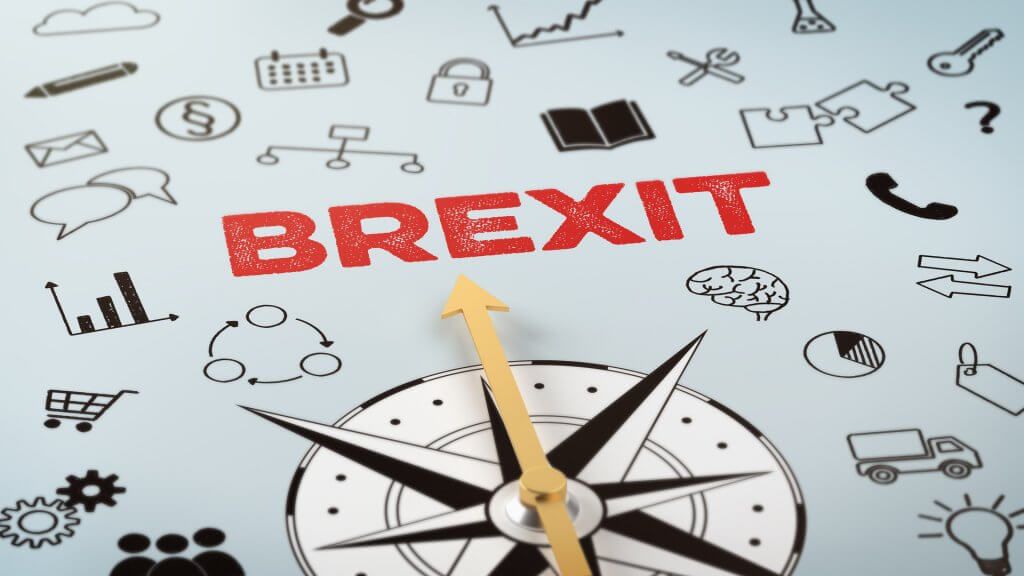SMEs thinking about their growth strategies this year and how these may change post-Brexit should be reassured that there will be no changes to any part of the VAT system in respect of the EU as trade agreement negotiations continue this year and possibly next.
That’s the message from Richard Kleiner, CEO at Top 100 accountancy and business services firm, Gerald Edelman, who points to the most recent ONS figures that suggest one in 10 (10.8%) UK companies export.
“The full impact of Brexit and the way the UK trades with the EU will not be properly felt until 2021 at the earliest,” explains Kleiner. “So, SMEs planning to expand overseas need to take a number of things into account. First, don’t panic. Brexit is still causing uncertainty and so it is easy to see why some SMEs may be put off by expanding and doing business overseas. However, SMEs should see Brexit as an opportunity and those thinking about exporting or setting up new operations overseas now, will find that they will be ahead of many businesses come 2021.”
Brexit, Kleiner suggests, may result in a fresh wave of inward investment, especially from private equity firms and others, helping small businesses to grow. This is certainly what the UK government is stating is likely to happen, mainly as a result of renewed stability following the General Election result.
SMEs should also keep abreast of what is going on this year. There will be little or no substantive changes to any part of the VAT system in respect of the EU during this time. Unfortunately, HMRC has not communicated this at all. This means that the following will likely remain unchanged this year:
- EU cross border supplies of goods and services
- Distance selling rules
- Intrastat
- Tour Operators Margin Scheme
- Refunds of VAT incurred in other EU countries
- Mini One Stop Shop (MOSS) VAT returns
- CJEU rulings
- Specified supplies and place of supply rules
“There were a number of business briefs issued by HMRC in September 2019 that have stated that there would be wholesale changes in 2020,” continues Kleiner. “These are now redundant. These business briefs were assuming the UK was leaving the EU without any transitional arrangements and it is unfortunate that they have not been withdrawn or replaced.”
The two areas that have proven most problematic, he says, have been EU refunds and the application of MOSS, a scheme that allows you to account for VAT – normally due in multiple EU countries – in just one EU country.
“Even now there are many websites that are stating that these two points are exceptions and will change early this year. This would mean, for example, that digitally supplied services by a UK business to a private individual in Italy in say April 2020 could not be reported by MOSS and the UK business would either have to register for MOSS in another EU country or register for VAT in Italy. We can confirm that this is not the case. It is business as usual this year for UK VAT within the EU, and supplies made by EU members to the UK.”
Kleiner says it is likely that there will be further transitional rules for certain areas and there may be agreements that the current regulations remain indefinitely. However, some areas of cross border VAT and duty may change on 1 January 2021 which means it is really important to monitor developments and it is hoped HMRC will provide timely updates.
“We understand at this point that Intrastat, the system for collecting information and producing statistics on the trade in goods between countries of the European Union, may well continue and a free trade agreement may include the ability of UK and EU business to use MOSS across what is now the single market as a facilitation measure. It would be welcome if there is a degree of continuity but clearly be prepared for change”





























